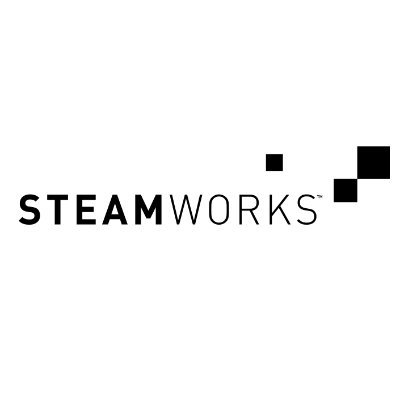
Unity is a comprehensive real-time development platform widely utilized for creating 2D and 3D applications across various industries, including gaming, architecture, automotive, and film. Developed by Unity Technologies, Unity enables developers to build interactive experiences and deploy them across multiple platforms.
Key Features:
-
Cross-Platform Deployment: Unity supports deployment to over 25 platforms, including mobile devices, desktops, consoles, VR/AR systems, and the web, allowing developers to reach a broad audience.
-
Comprehensive Toolset: The platform offers a robust suite of tools for animation, physics, audio, and user interface design, facilitating the creation of immersive and interactive experiences.
-
Scripting in C#: Unity utilizes C# as its primary programming language, providing a flexible and powerful environment for scripting and customization.
-
Asset Store: Developers have access to the Unity Asset Store, a marketplace offering a vast array of assets, plugins, and tools to expedite development and enhance project quality.
Recent Developments:
-
Unity 6 Release: In October 2024, Unity launched Unity 6, introducing features aimed at improving rendering speed, lighting options, multiplayer workflows, AI capabilities, and support for mobile web runtimes.
-
Pricing Model Changes: In September 2024, Unity revoked its controversial runtime fee model and reverted to a seat-based subscription model, with new pricing effective from January 1, 2025.
Getting Started:
To begin using Unity, download the Unity Hub from the official website, which serves as a central hub for managing Unity projects, installations, and learning resources.
Conclusion:
Unity continues to be a leading platform for real-time 3D development, offering versatile tools and extensive support for developers across various industries. Its commitment to innovation and responsiveness to community feedback solidify its position as a preferred choice for creating interactive experiences.

